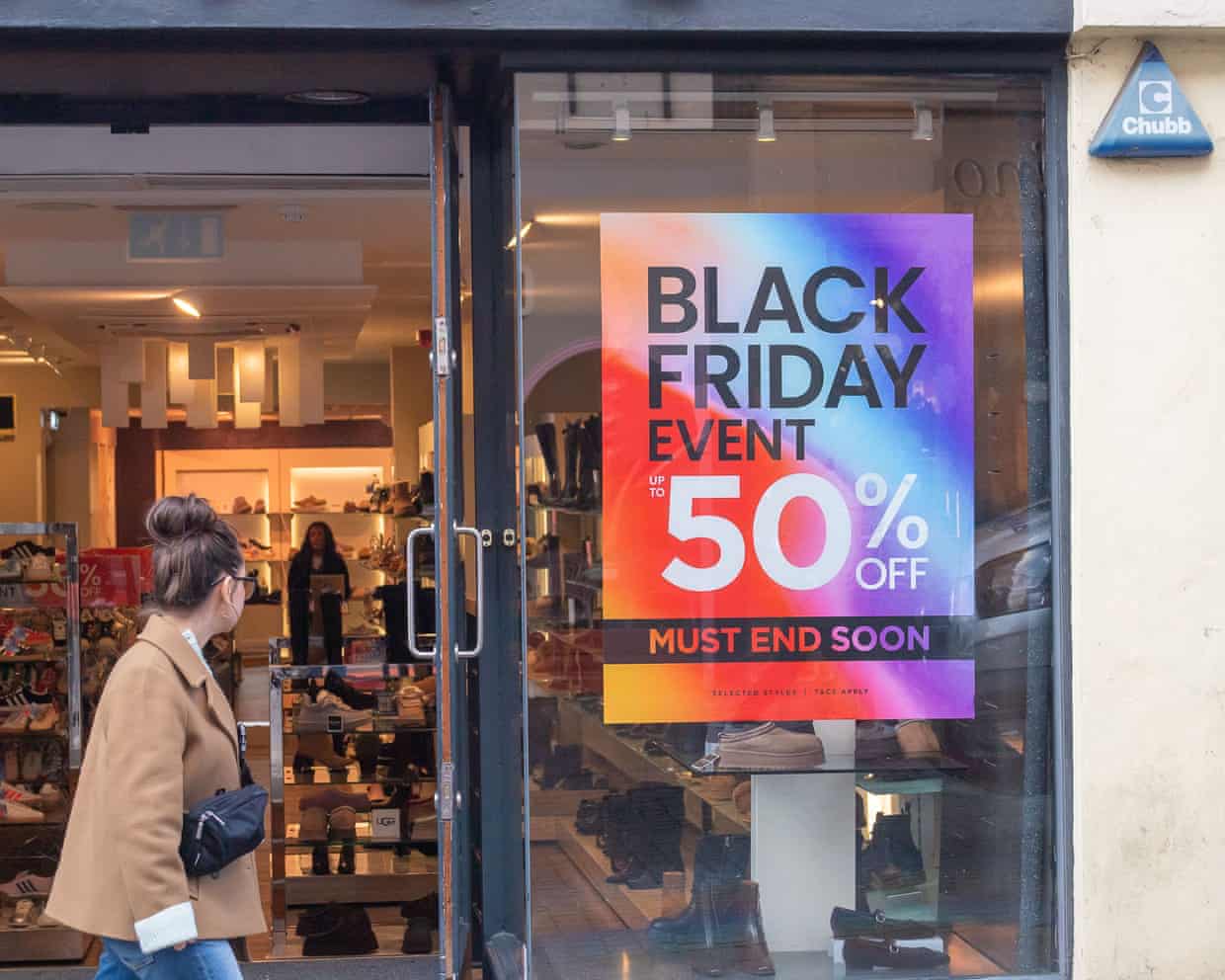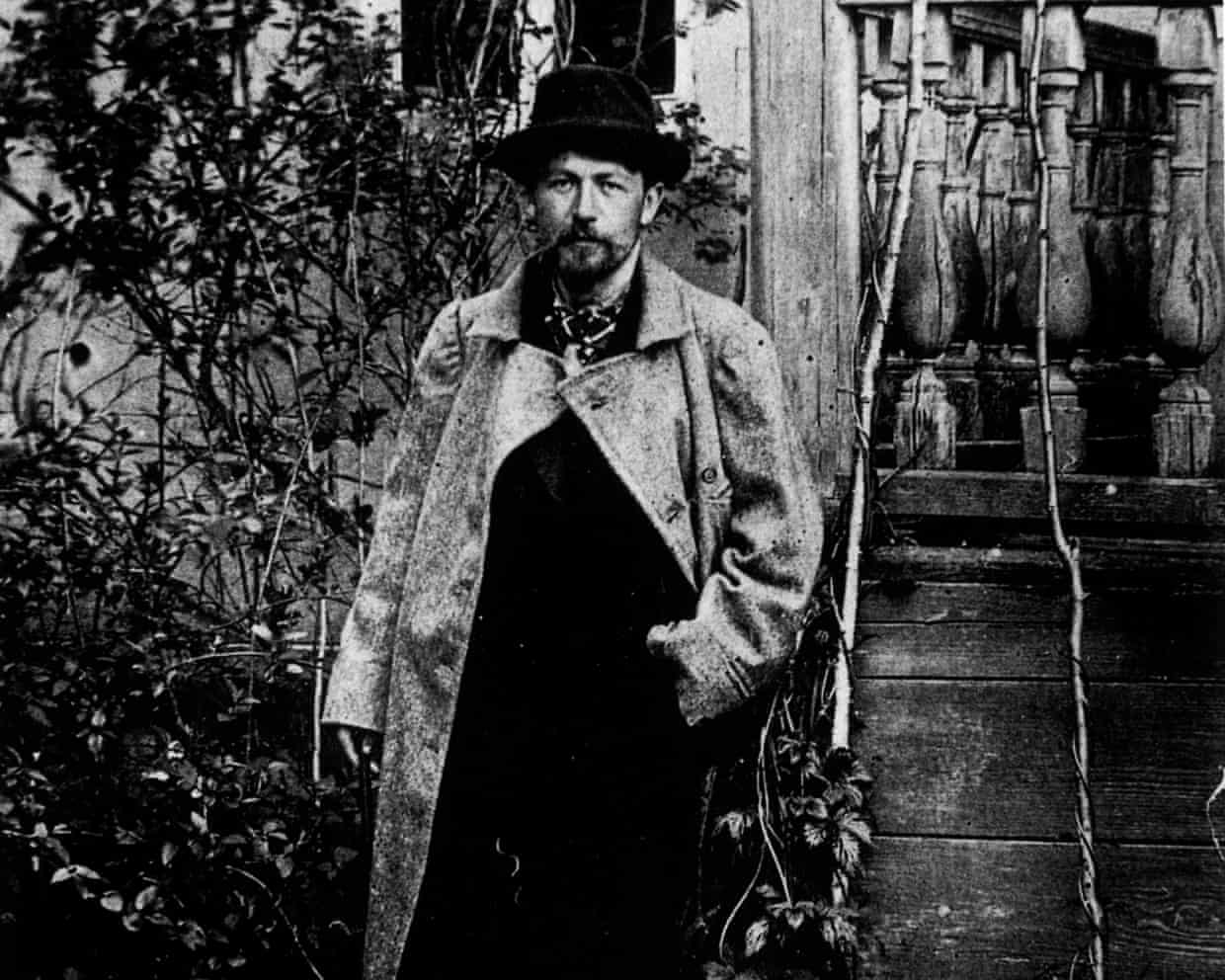One in 10 UK parents say their child has been blackmailed online, NSPCC finds

Nearly one in 10 UK parents say their child has been blackmailed online, with harms ranging from threatening to release intimate pictures to revealing details about someone’s personal life.The NSPCC child protection charity also found that one in five parents know a child who has experienced online blackmail, while two in five said they rarely or never talked to their children about the subject.The National Crime Agency has said that it is receiving more than 110 reports a month of child sextortion attempts, where criminal gangs trick teenagers into sending intimate pictures of themselves and then blackmail them.Agencies across the UK, US and Australia have confirmed a rising number of sextortion cases involving teenage boys and young adult males being targeted by cyber-criminal gangs based in west Africa or south-east Asia, some of which have ended in tragedy.Murray Dowey, a 16-year-old from Dunblane, Scotland, killed himself in 2023 after becoming a victim of sextortion on Instagram and Dinal De Alwis, 16, killed himself in Sutton, south London, in October 2022 after being blackmailed over nude photographs.
The NSPCC based its findings on a survey of more than 2,500 parents and said that tech companies were continuing to “fall short in their duty to protect children”.Rani Govender, a policy manager at NSPCC, said: “Children deserve to be safe online, and that must be built into the very fabric of these platforms, not bolted on after harm has already been done.”The NSPCC’s definitions of blackmail included threatening to release an intimate image or video of the child, or something the victim wanted to keep private, such as their sexuality.The information could have been obtained consensually or it could have been obtained by coercion, manipulation or created using artificial intelligence.Perpetrators can be strangers, such as sextortion gangs, or someone the child knows, such as a friend or schoolmate.
The blackmailer can also demand a range of things in exchange for not sharing information, such as money, more images or staying in a relationship.The NSPCC said its definition of blackmail overlapped with sextortion but included a wider range of scenarios.“We chose the term ‘blackmail’ in our research because it allowed us to include extortion using other types of information that a child might want to keep private (eg their sexuality, images showing them without a religious garment) as well as a range of both sexual and non-sexual demands and threats,” the charity said.The report also advised against “sharenting”, which refers to parents sharing photos of and information about their children online.Experts recommend telling children what a sextortion threat looks like and being aware of who they are talking to online.
They also advise creating everyday opportunities for children to talk to adults, such as during meals together or regular car trips, so that teenagers feel they have a space where they can reveal they have been targeted by blackmail.“Knowing how to talk about online blackmail in an age-appropriate way and creating an environment where children feel safe to come forward without fear of judgment can make all the difference,” said Govender.The NSPCC also interviewed young people about why they might choose not to reveal a blackmail attempt to their parent or carer.The reasons for not disclosing the crime, according to the responses, include feeling embarrassed, preferring to talk to a friend first and feeling they “can handle it themselves”.

Consumers urged to watch out for Black Friday scams and bad deals – business live
My colleagues at The Filter have helpfully rounded up the best offers in the UK today, recommending good on products which they’ve tested or have been recommended by product experts.Australia’s consumer regulator has warned that artificial intelligence is making it even harder to identify deceptive retailers, as so-called “ghost store” operators take advantage of Christmas and Black Friday to lure shoppers to their websites….Researchers at cybersecurity firm NordVPN have discovered a sharp rise in fraudulent websites aimed at Black Friday shoppers.Their data shows a 232% rise in the number of fake Amazon stores appearing on the internet, and another 525% rise in the number of fraudulent eBay sites.NordVPN says:Many of these sites are almost indistinguishable from the real thing - complete with copied branding, AI-generated product listings and convincing checkout pages designed solely to harvest personal and payment information

‘A step-change’: tech firms battle for undersea dominance with submarine drones
Flying drones used during the Ukraine war have changed land battle tactics for ever. Now the same thing appears to be happening under the sea.Navies around the world are racing to add autonomous submarines. The UK’s Royal Navy is planning a fleet of underwater uncrewed vehicles (UUVs) which will, for the first time, take a leading role in tracking submarines and protecting undersea cables and pipelines. Australia has committed to spending $1

One in 10 UK parents say their child has been blackmailed online, NSPCC finds
Nearly one in 10 UK parents say their child has been blackmailed online, with harms ranging from threatening to release intimate pictures to revealing details about someone’s personal life.The NSPCC child protection charity also found that one in five parents know a child who has experienced online blackmail, while two in five said they rarely or never talked to their children about the subject.The National Crime Agency has said that it is receiving more than 110 reports a month of child sextortion attempts, where criminal gangs trick teenagers into sending intimate pictures of themselves and then blackmail them.Agencies across the UK, US and Australia have confirmed a rising number of sextortion cases involving teenage boys and young adult males being targeted by cyber-criminal gangs based in west Africa or south-east Asia, some of which have ended in tragedy. Murray Dowey, a 16-year-old from Dunblane, Scotland, killed himself in 2023 after becoming a victim of sextortion on Instagram and Dinal De Alwis, 16, killed himself in Sutton, south London, in October 2022 after being blackmailed over nude photographs

Small changes to ‘for you’ feed on X can rapidly increase political polarisation
Small changes to the tone of posts fed to users of X can increase feelings of political polarisation as much in a week as would have historically taken at least three years, research has found.A groundbreaking experiment to gauge the potency of Elon Musk’s social platform to increase political division found that when posts expressing anti-democratic attitudes and partisan animosity were boosted, even barely perceptibly, in the feeds of Democrat and Republican supporters there was a large change in their unfavourable feelings towards the other side.The degree of increased division – known as “affective polarisation” – achieved in one week by the changes the academics made to X users’ feeds was as great as would have on average taken three years between 1978 and 2020.Most of the more than 1,000 users who took part in the experiment during the 2024 US presidential election did not notice that the tone of their feed had been changed.The campaign was marked by divisive viral posts on X, including a fake image of Kamala Harris cosying up to Jeffrey Epstein at a gala and an AI-generated image posted by Musk of Kamala Harris dressed as a communist dictator that had 84m views

Chess: Sindarov, 19, becomes youngest World Cup winner as London Classic begins
Javokhir Sindarov, 19, became the youngest ever winner of the Fide knockout World Cup on Wednesday when the Uzbek teenager defeated China’s Wei Yi 2.5-1.5 in the final at Goa. Ukraine’s Ruslan Ponomariov had been a year younger in 2002, but that World Cup had also doubled as the Fide world championship in a period when the global title was disputed.Wei was the favourite, but handicapped himself by poor time management in the decisive game

Iga Swiatek: ‘I didn’t want to give any points for free – it’s a Wimbledon final and I wanted to win’
SW19 champion baffled by post-match suggestions she should have let Amanda Anisimova win one game in grand slam final as she turns focus to Australian Open in 2026In the coming months, if and when her schedule allows, Iga Swiatek will make a pilgrimage to London and the All England Club, the scene of her biggest and, she admits, most surprising triumph. In July, the 24-year-old won her first Wimbledon title and sixth grand slam title in all, crushing a hapless Amanda Anisimova 6-0, 6-0 in the final.It was the undoubted highlight of an up-and-down year for the Pole, who struggled on her best surface of clay but who will end 2025 ranked No 2, her fourth year in a row finishing inside the world’s top two.It is a quirk unique to Wimbledon that the singles’ champions are given honorary membership to the All England Club, granting them access any time they choose. Like many before her, Swiatek is keen to experience the sport’s most storied venue when fans and her fellow players are not around

Donald Glover reveals he had a stroke on Childish Gambino tour in 2024

‘He was just trying to earn a few kopecks’: how newly translated stories reveal Chekhov’s silly side

From The Death of Bunny Munro to Wicked: For Good: the week in rave reviews

Kristen Bell and Brian Cox among actors shocked they’re attached to Fox News podcast

The Guide #218: For gen Zers like me, YouTube isn’t an app or a website – it’s the backdrop to our waking lives

Stephen Colbert on Trump v Epstein files: ‘Fighting tooth and cankle’